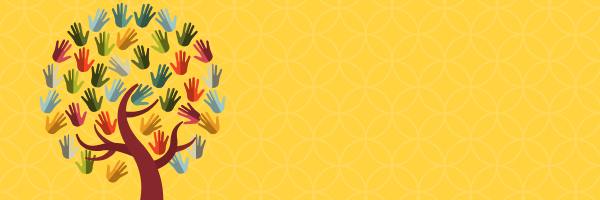Primary school teaching is most likely one of the least diverse professions in the country. A study in NUIG found that 99% of teachers identified as white and Irish and 90% of teachers identified as Catholic.
Looking at the following 1969 video of the UK’s first black headteacher, it seems shameful that 50 years later, Ireland still hasn’t one example of a principal from a minority background (with the exception of yours truly)
Some people (usually, white and Irish) will claim that it is “too early” to expect any diversity in the profession as multiculturalism is a new phenomenon to our shores. Yvonne Conolly became a head teacher as a first generation immigrant. Ireland has had a reasonable amount of immigration over the last 100 years or so. My family came to Ireland in the 1880s and there has been sizeable minority populations in the country since. Almost none have become primary school teachers. However, even if you buy the fact that Ireland had no immigration until the 1990s, we are already well into the second generation of immigration in Ireland and yet there is still very little movement. Why is this?
The Migrant Teachers’ Project in Marino aims to address this and while it will no doubt highlight the issue, it won’t take a huge amount of research to figure out the two biggest reasons as to what is preventing them getting jobs here.
The first is the almost monopoly of religious control on primary schools. 97% of all primary schools have a religious body that controls the schools. If you go for an interview in any of these schools (and I have) you will no doubt be asked about how you are going to uphold the ethos of the school. While, technically, they don’t openly ask you if you are one of the flock, it is assumed. Some people (usually those of that flock) will deny that but even if it wasn’t the case, why are they not openly fighting this claim? In my other life, I do some writing and I notice many magazines and journals will specifically state they are looking for work from diverse groups. This doesn’t happen in primary schools. If you’re not invited to a party when you’re an outsider, it’s unlikely you’re even going to show up at the door to see if you might be let in.
The second, and probably the hardest to tackle, is the Irish language. Some people (usually Irish speakers) will claim that it is our national language and that we all speak it and so on. However, let’s look at the reality compared to every other country. I think it is fair to say that one could easily live in Ireland for one’s entire life and never hear Irish being spoken outside of a school setting. It is also fair to say that if you wanted to speak Irish, it wouldn’t be easy to go to anywhere and find someone who was able to have such a conversation with you without money changing hands. However, unless you are almost fluent in Irish, it is impossible to get a. job as a primary school teacher. If one hasn’t gone through the Irish education system, it is next to impossible to gain enough knowledge of the language.
The problem is that we haven’t really figured out whether we really want Irish to be our national language or whether we like having it around so it can’t be taken away from us, as some sort of cultural quirk that nobody really practices (a bit like Catholicism)
We need to look at where we really are. I do believe that we should make a. decision on it. I would be as happy if Ireland decides to have Irish as a living language as I would be if it decided not to. However, I am not happy to be in the limbo where it is preventing diversity.
Given that I know the decision is likely to be to hold on to. our language, we need to make primary teaching an option for people that don’t speak it. In Wales, hiring external teachers to teach the language works well. Something as simple as this would be a great starting point.
Ultimately we have to tackle this issue now. The time has past for 20 year plans and so on. It is unforgivable that there is so little diversity in teaching in the 21st century.



